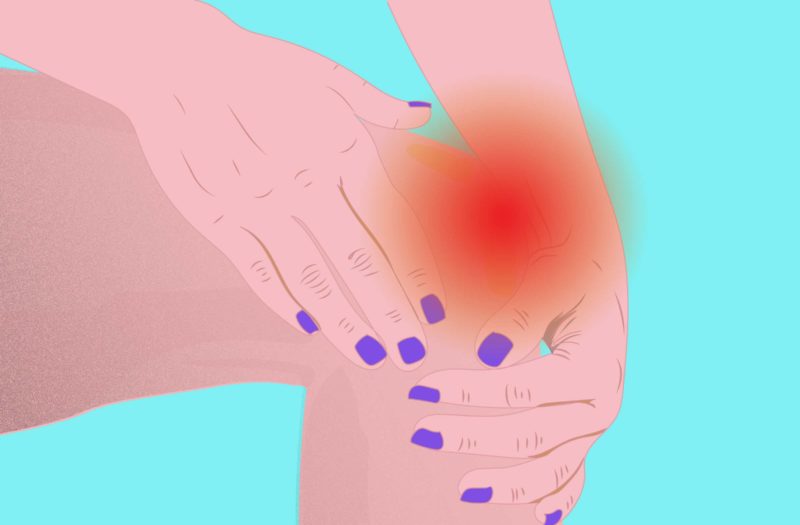It’s well-known that being overweight increases the risk of osteoarthritis (OA), the “wear-and-tear” form of arthritis that occurs when the cartilage that cushions the joints deteriorates over time. That’s especially an issue when it comes to OA in weight-bearing joints such as your knees. Every time you walk, your knees experience a force that’s equal to 1.5 times your total body weight. The heavier you weigh, the greater that force on your knees is.
While losing weight can help reduce your risk of OA or ease your symptoms if you already have the condition, it turns out that being physically active is also really important. Yes, exercise physically stresses your joints, but a new study suggests that some stress in the form of physical activity is a good thing.
The study, which was led by Dana Voinier, MD, of the University of Delaware, relied on data from 964 people who are part of the Multicenter Osteoarthritis Study. Researchers had access to information about the body mass index (BMI) of participants as well as how many steps they averaged each day (as measured by accelerometers). They also compared cartilage damage as measured by MRIs.
As expected, the researchers found that, among participants who logged a moderate (6,000 to 7,900) or high (more than 7,900) number of steps each day, those who were obese (BMI greater than 31) were more likely to have worse damage in their knees compared to those who were thinner.
However, they also learned that BMI wasn’t the only thing that mattered: When they focused solely on the lower BMI group (BMI 18 to 27), they found that those who averaged relatively few steps per day (fewer than 6,000) were significantly more apt to have worse knee joint damage compared to those with a BMI in the same range who walked a lot (more than 7,900 steps a day).
“While knee arthritis is commonly thought to be due to overloading, that is doing ‘too much,’ we find that some patients may be underloading their knees by not doing enough,” Dr. Voinier told Healio.com/Orthopedics. “Walking is a common activity for people to do and is a fantastic way to keep your knees as healthy as possible.”
The study was published in the journal Arthritis & Rheumatology.
Found This Study Interesting? Here’s How You Can Be Part of Arthritis Research
If you are diagnosed with arthritis or another musculoskeletal condition, we encourage you to participate in future studies by joining CreakyJoints’ patient research registry, ArthritisPower. ArthritisPower is the first-ever patient-led, patient-centered research registry for joint, bone, and inflammatory skin conditions. Learn more and sign up here.
Keep Reading
Study investigates links between BMI, walking with cartilage damage in the knee. Healio Orthopaedics Today. https://www.healio.com/orthopedics/sports-medicine/news/online/%7B80aba42a-a263-4bae-a8f8-9545c452a3ac%7D/study-investigates-links-between-bmi-walking-with-cartilage-damage-in-the-knee.
Voinier D, et al. Using Cumulative Load to Explain How Body Mass Index and Daily Walking Relate to Worsening Knee Cartilage Damage Over Two Years: The MOST Study. Arthritis & Rheumatology. November 2019. doi: https://doi.org/10.1002/art.41181.
Why weight matters when it comes to joint pain. Harvard Health Publishing. https://www.health.harvard.edu/pain/why-weight-matters-when-it-comes-to-joint-pain.






